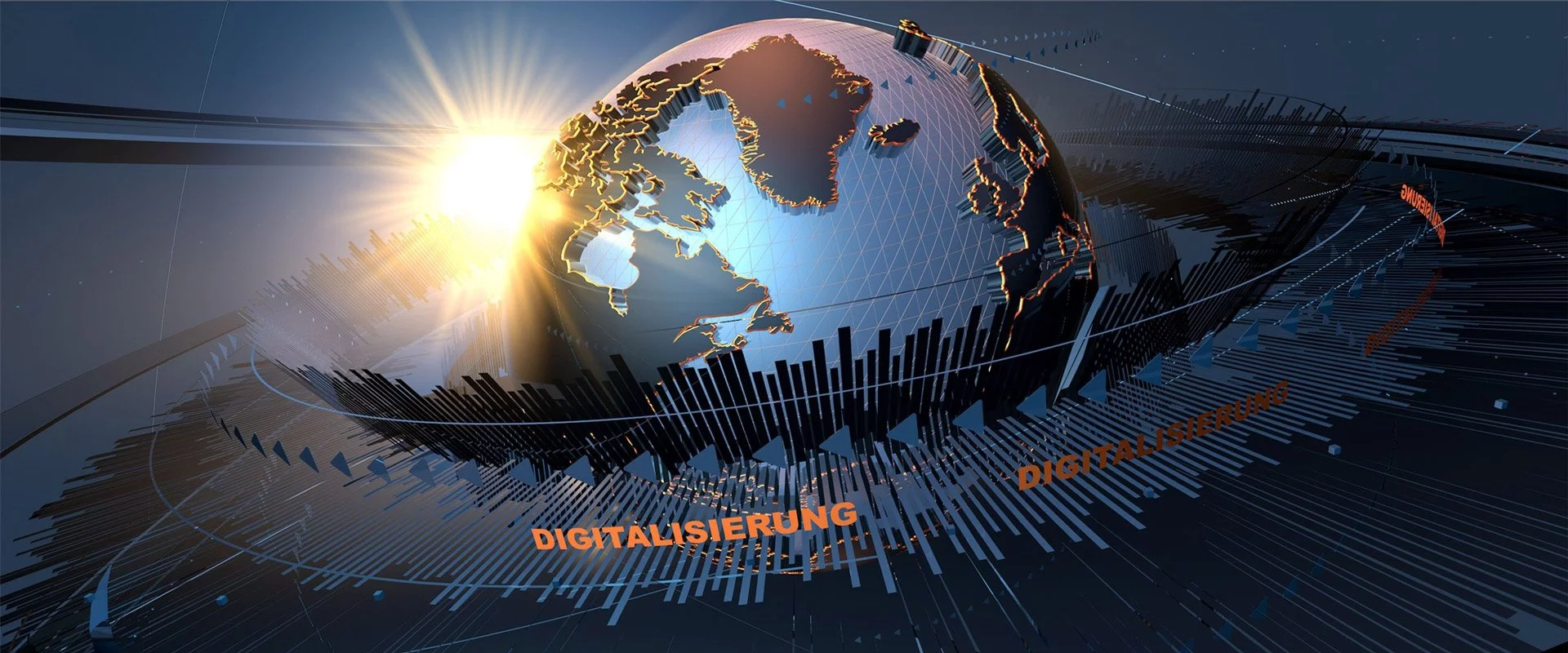

15 October 2019
Quo vadis Digitization?
Digitization in the traditional sense refers to the conversion of analog information into digital formats in order to process this data using information technology. If information is available in digital form, it can be used, edited, reproduced, stored and distributed via systems for data processing. Machine reading means that digital data can be processed and searched faster. In addition, digitized data enables long-term archiving without loss of quality during the necessary storage migrations. And the simple creation of copies prevents a loss of information.
Today, however, the term digitization stands above all for the so-called digital change or digital transformation. In other words, rapid technological developments that challenge companies’ existing business models. A system that has run smoothly for decades is now under increasing threat from disruptive technology companies and start-ups from the United States and China.
A representative German study on the status of digital transformation in major German companies – conducted by etventure in cooperation with GfK – supports this perspective: German companies do not recognize tech companies such as Google or Amazon as serious competitors, and they weigh themselves in safety despite considerable deficits in the development of new digital business models. German companies continue to focus primarily on existing competitors – only 22 percent of the companies surveyed see the major tech companies as a serious threat to competition. And only 7 percent feel threatened by up-and-coming start-ups in their competitive position.
At the same time, the etventure study clearly shows that the understanding of digitalization and digital transformation in the executive floors of large German companies varies greatly. 55 percent of the surveyed decision-makers primarily focus on the established business model. Only 28 percent view digitization as the development of new business models. Seven percent understand digital transformation as merely the standardization and optimization of the IT infrastructure or the digital training and further education of employees.
Changing expertise
The digital transformation is characterized by a significant realignment of customer satisfaction, business models and processes. With the use of innovative technologies, companies are trying to open up new ways of creating value, generating revenue and increasing efficiency. A central success factor for this are the existing competencies of the employees in a company.
Expertise can be defined as the ability to learn and change, which is the foundation for successfully using knowledge and skills. However, only 38 percent of the German companies surveyed consider their employees to be sufficiently qualified for digital change. The overwhelming majority (79 percent) focuses on further training in order to transfer digital know-how and agile working methods to employees.
Dealing with the ever-increasing mass of information in the digital age makes the development of appropriate processing skills inevitable. But this also requires the creation of appropriate organizational framework conditions in order to successfully establish flexible methods such as agile project management or collaborative and mobile work in companies as processes.
The complexity of the challenges
According to the results of the etventure study, German companies are the ones who are primarily blocking themselves in digital transformation. The biggest challenges are not a lack of resources or know-how, but rather the existing structures, processes and hierarchies in the companies. The defence of the status quo and the lack of courage and creativity on the part of managers to break out of these structures and firmly tackle change within the company stand in the way of successful digital transformation.
Conclusion
The results of these studies shed light on the status quo of digital transformation in large German companies. The future challenges lie first and foremost in the speed of technological developments, with which new business models can be developed and implemented. Although many applications for Internet of Things, Virtual Reality, Blockchain or Artificial Intelligence are still in their early stages, the changes are foreseeable and are shaping economic and social realities at a rapid pace. Ultimately, every industry and every company must face the challenges of digital transformation. Previously successful and profitable business models can be replaced faster than ever by innovative, customer-centric approaches.
You might also like
Do you have any further questions?



